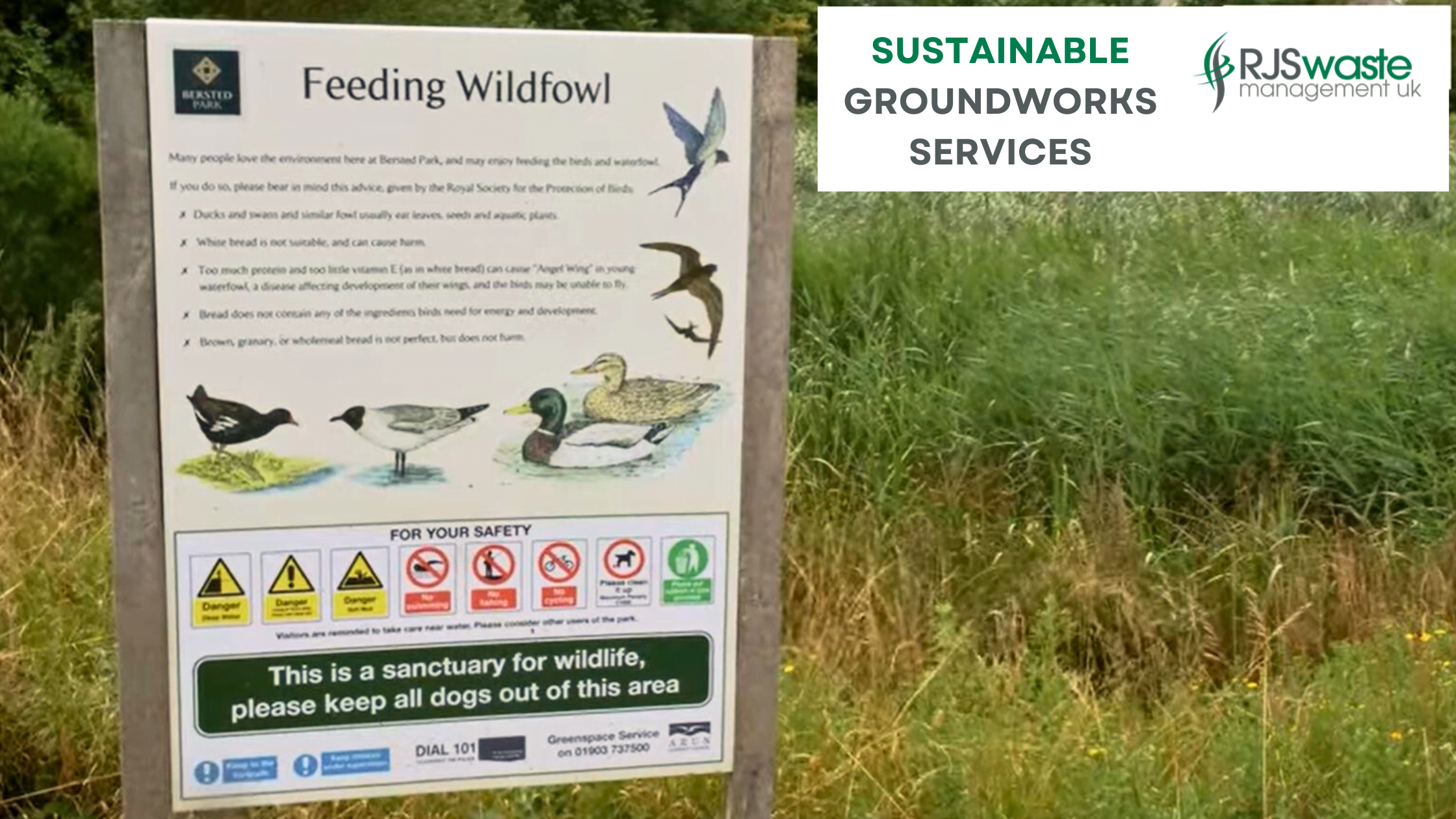
Both in the workplace and at home, there are a variety of ways you can ace energy saving. So, you can save money and the environment. Below are some top tips that not only support RJS Waste Management’s Sustainable Development Goals (SDGs) but will also, we hope, help our customers.
How is the energy crisis affecting homes and businesses?
After the Federation of Small Businesses’ call for an energy price cap for businesses with up to 10 employees was reported in the Financial Times, the government has announced a new “Energy Bills Discount Scheme” for UK businesses from April. But this winter businesses are having to deal with the price hike unaided.
And although our domestic customers have been placated with Ofgem’s energy price cap, more than 59% of households in the UK (15 million) are thought to be in fuel poverty – spending over 10% of their net income on fuel (Child Poverty Action Group).
That’s not to mention the impact the energy crisis is having on recycling, specifically WEEE recycling, which affects both markets too.
An energy-saving helping hand
The Energy Saving Trust partnered with Citizens Advice to provide awareness and support during their Big Energy Saving Winter campaign. They also collaborated with The Department for Business, Energy & Industrial Strategy to create the 20 Ways To Save guide, which is packed with useful tips.
Speaking of energy-saving tips, the Trust suggests many which apply to the workplace as well as the home, such as:
- Draught-proof gaps – this can save you around £125 a year
- Insulate your hot water cylinder – this can save you around £70 a year
- Switch off standby – this can save you around £65 a year
- Don’t overfill the kettle and fit an aerator to your kitchen tap – this can save you around £43 a year
- Turn off the lights – this can save you around £25 a year
- Fill your dishwasher and reduce use – this can save you around £17 a year
Some of these, and more, are featured in our SDG wins video below.
Have an efficient heating system
Installation of an efficient heating system, running on a low carbon fuel, will not only reduce your fuel bills but decrease your carbon dioxide emissions too. Things to consider are:
- Changing your boiler
- Installing a heat pump
- Using heating controls effectively
- Switching to solar water heating
But remember that any changes to your boiler or hot water cylinder insulation might require forward planning with an asbestos survey and possible asbestos removal. Asbestos lagging and insulation on hot water pipes are not uncommon in older properties.
You can see where else you might find asbestos in your domestic property or non-domestic property on our YouTube channel.
Invest in energy-efficient lighting
The more efficient your lighting, the lower your electricity bill and carbon dioxide emissions will be. With lighting accounting for around 5% of an average home’s energy bill, swapping outdated and inefficient halogen bulbs with LEDs can save you around £65 a year. What’s more, LED lights can reduce CO2 emissions in the home by up to 40kg annually.
While for offices and many other workplaces Linear Fluorescent Lamps (LFLs) are a bright choice – in more ways than one! And their eco-credentials go even further when the merits of fluorescent light recycling are considered.
Here are some more eco-friendly (and pocket-friendly) lightbulb choices:
- Compact Fluorescent Lamps (CFLs) – Using 70-80% less electricity than traditional bulbs with 10 times the lifespan, CFLs were the first energy-efficient bulbs. Gas inside the glass tube charges with electricity until it glows.
- Light Emitting Diodes (LEDs ) – More efficient than CFLs, these are fully bright when switched on. Electricity flows through a few LEDs in every bulb to generate light.
- Strip lights or Linear Fluorescent Lamps (LFLs) – Mostly found in business settings, today’s LFLs are more efficient and provide a better quality of light than traditional strip lights.

Switch your waste management company for extra savings
Whether you apply these energy-saving tips or not, you can still make a difference to your pocket and environment when you use RJS Waste Management’s services.
As well as offering WEEE recycling options, our commitment to our Environmental Policy help to offset our hazardous waste disposal strategies, the options of which are limited by legislation.
Would you like to make some extra savings? Contact us for a free quote today.




